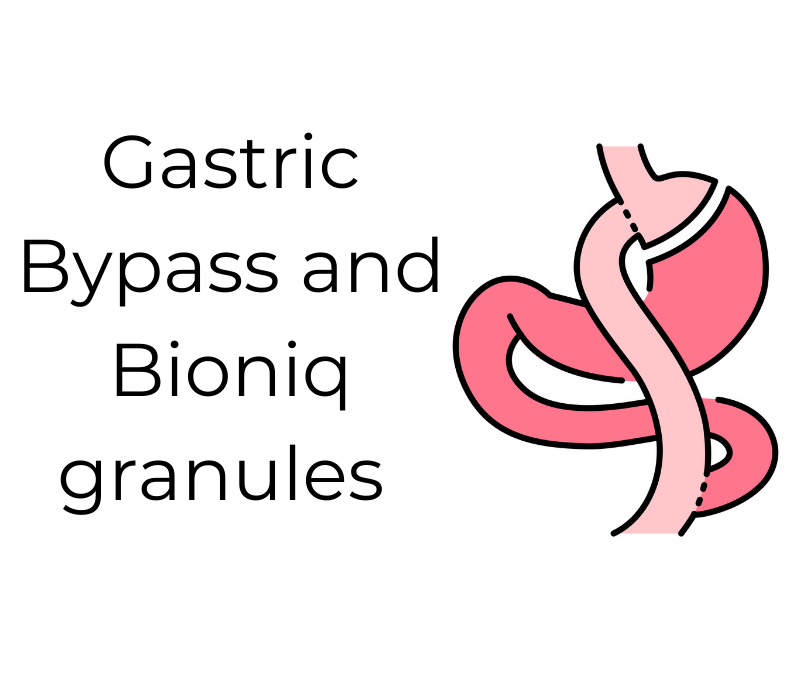Unveiling the Essential Role of Calcium in a Healthy Heart
While calcium is widely recognized for its contribution to strong bones and teeth, its crucial role in maintaining a healthy heart often goes unmentioned. This essential mineral is a key player in the intricate dance of muscle contraction and relaxation, ensuring your heart beats steadily and efficiently. From regulating heart rhythm and supporting blood clotting to maintaining healthy blood pressure, calcium is a true champion for cardiovascular well-being. Understanding the importance of calcium for heart health is vital for overall wellness.
Calcium's Multifaceted Heart-Healthy Benefits
Calcium's influence on heart health extends far beyond just bone strength. Here's a closer look at how this vital mineral supports your cardiovascular system:
- Regulates Heartbeat: Calcium is fundamental for the contraction of heart muscle cells (cardiomyocytes). It facilitates the electrical signals that coordinate each heartbeat, ensuring a regular, rhythmic pulse. Without adequate calcium, the heart's pumping action can become irregular, weak, or inefficient, potentially leading to arrhythmias. This precise regulation is critical for proper blood circulation.
- Supports Blood Clotting: Calcium is a critical component in the complex blood clotting cascade. When an injury occurs, calcium helps activate the clotting factors that are essential for stemming bleeding and initiating the healing process. This vital function prevents excessive blood loss and is crucial for maintaining cardiovascular health after injury.
- Maintains Healthy Blood Pressure: While the precise relationship between calcium and blood pressure is complex and still being researched, it is clear that calcium plays a role in maintaining healthy blood pressure levels. It helps regulate the tone of blood vessels, contributing to their ability to constrict and relax as needed. This flexibility is essential for efficient blood flow and overall cardiovascular health.
- Strengthens Heart Muscle: Calcium is essential for the structure and function of heart muscle cells (cardiomyocytes). It contributes to the force of each contraction, ensuring the heart can effectively pump blood throughout the body. A strong heart muscle is essential for delivering oxygen and nutrients to all tissues and organs.
Recognizing the Signs of Calcium Deficiency (Hypocalcemia)
Calcium deficiency, also known as hypocalcemia, can manifest in various ways, impacting both bone health and cardiovascular function. Being aware of the following symptoms is important:
- Muscle Cramps and Spasms: Calcium is essential for muscle function, and a deficiency can lead to painful muscle cramps, spasms, and even tetany (sustained muscle contractions).
- Numbness and Tingling: Low calcium levels can affect nerve function, leading to numbness or tingling, particularly in the fingers, toes, and around the mouth.
- Weakness and Fatigue: Calcium plays a role in various bodily functions, and a deficiency can contribute to general weakness, fatigue, and a lack of energy.
- Irregular Heartbeat (Arrhythmias): As mentioned earlier, calcium is crucial for regulating heart rhythm. A deficiency can increase the risk of developing potentially dangerous arrhythmias.
- Seizures: In severe cases, hypocalcemia can lead to seizures due to impaired nerve function. This highlights the critical importance of maintaining adequate calcium levels.
Understanding the Causes of Calcium Deficiency
Several factors can contribute to calcium deficiency:
- Dietary Insufficiency: A diet consistently low in calcium-rich foods is the most common cause of deficiency.
- Vitamin D Deficiency: Vitamin D is essential for calcium absorption in the gut. A lack of vitamin D can impair the body's ability to utilize calcium, even if dietary intake is sufficient.
- Certain Medications: Some medications, such as diuretics and corticosteroids, can increase calcium excretion or interfere with its absorption.
- Kidney Disease: Kidney disease can affect calcium metabolism and lead to deficiency.
- Hypoparathyroidism: This condition involves underproduction of parathyroid hormone, which regulates calcium levels in the body.
Boosting Your Calcium Levels for a Healthy Heart
Here are practical ways to increase your calcium intake and support heart health:
- Prioritize Calcium-rich Foods: Include plenty of dairy products (milk, yogurt, cheese), leafy green vegetables (kale, spinach), fortified foods (cereals, orange juice), and tofu in your diet.
- Ensure Adequate Vitamin D: Get sufficient vitamin D through sun exposure (with appropriate sun protection), fortified foods, or supplements (consult your doctor for personalized recommendations).
- Consider Calcium Supplements: Consult your doctor about taking calcium supplements, especially if you have underlying health conditions or are at risk of osteoporosis. They can advise on the appropriate dosage and type of supplement.
Calcium and Your Heart: The Bottom Line for Cardiovascular Wellness
Calcium is an indispensable mineral for maintaining a healthy heart and supporting optimal cardiovascular function. Ensuring adequate calcium intake through a balanced diet, sufficient vitamin D levels, and, if necessary, supplements can significantly contribute to your overall heart health and well-being, reducing the risk of heart disease and promoting a strong, healthy heart for years to come.Important Note: Always consult your doctor before starting any new supplements, especially if you have existing health conditions or are taking medications. Excessive calcium intake can also have adverse effects, so it's important to find the right balance.
Sources:
%20(1).png)
.png)

